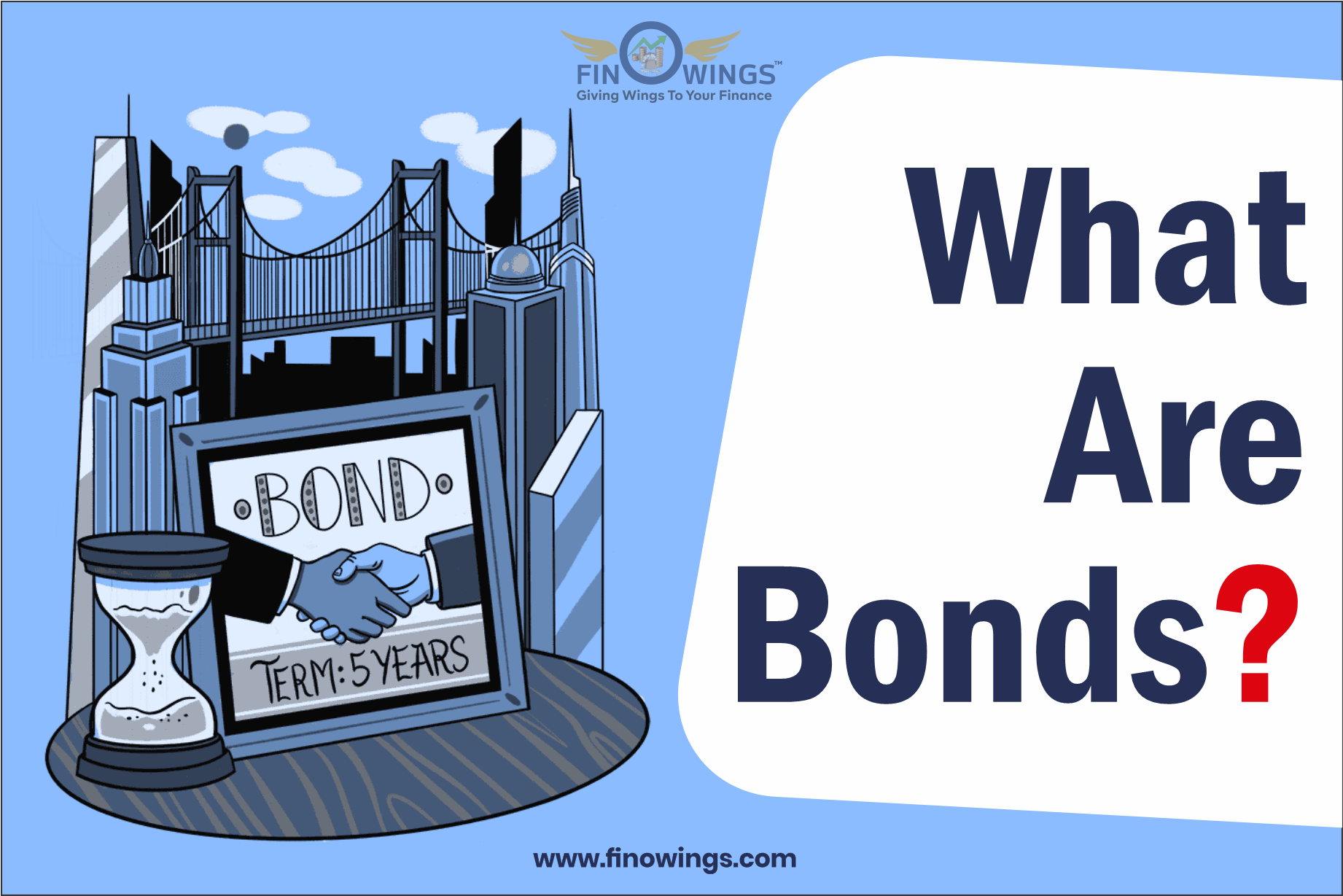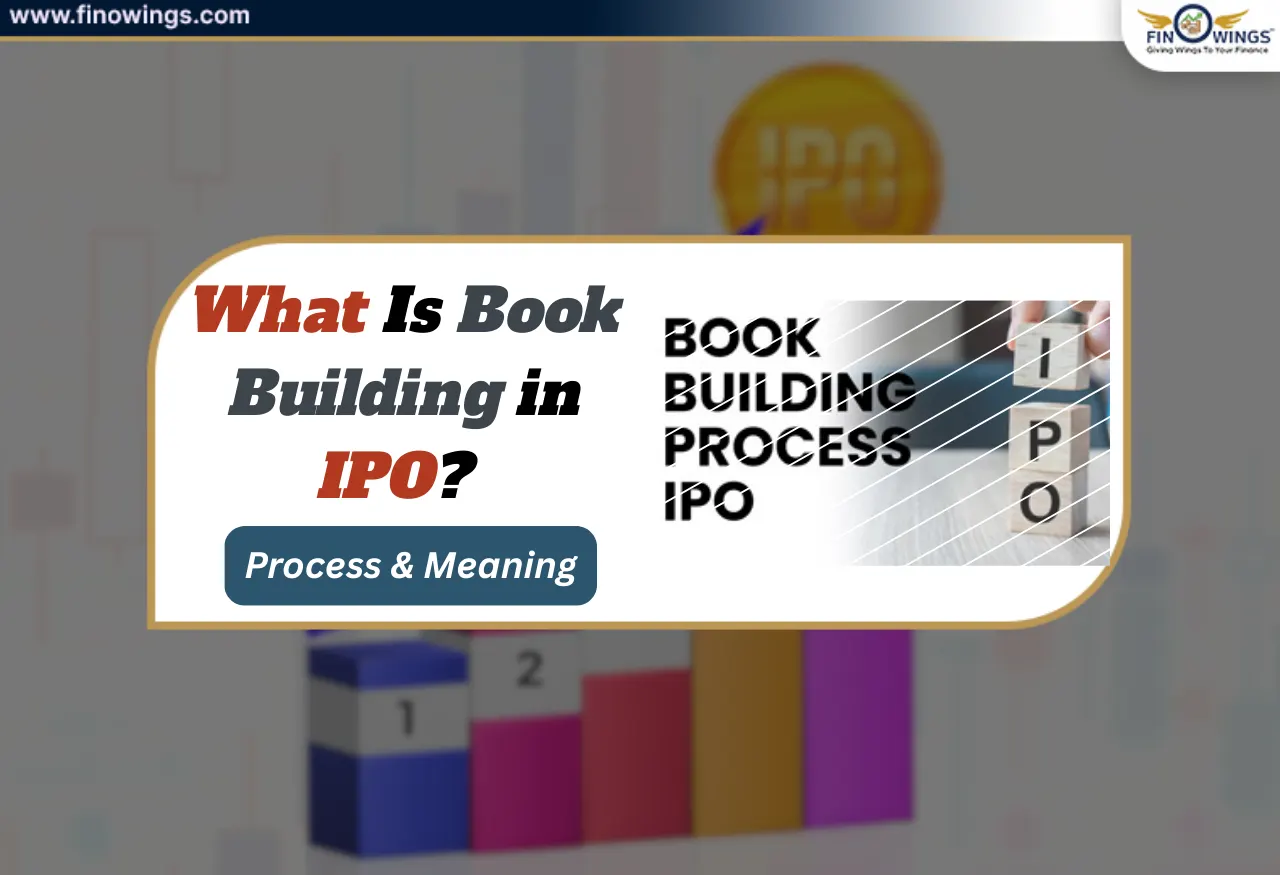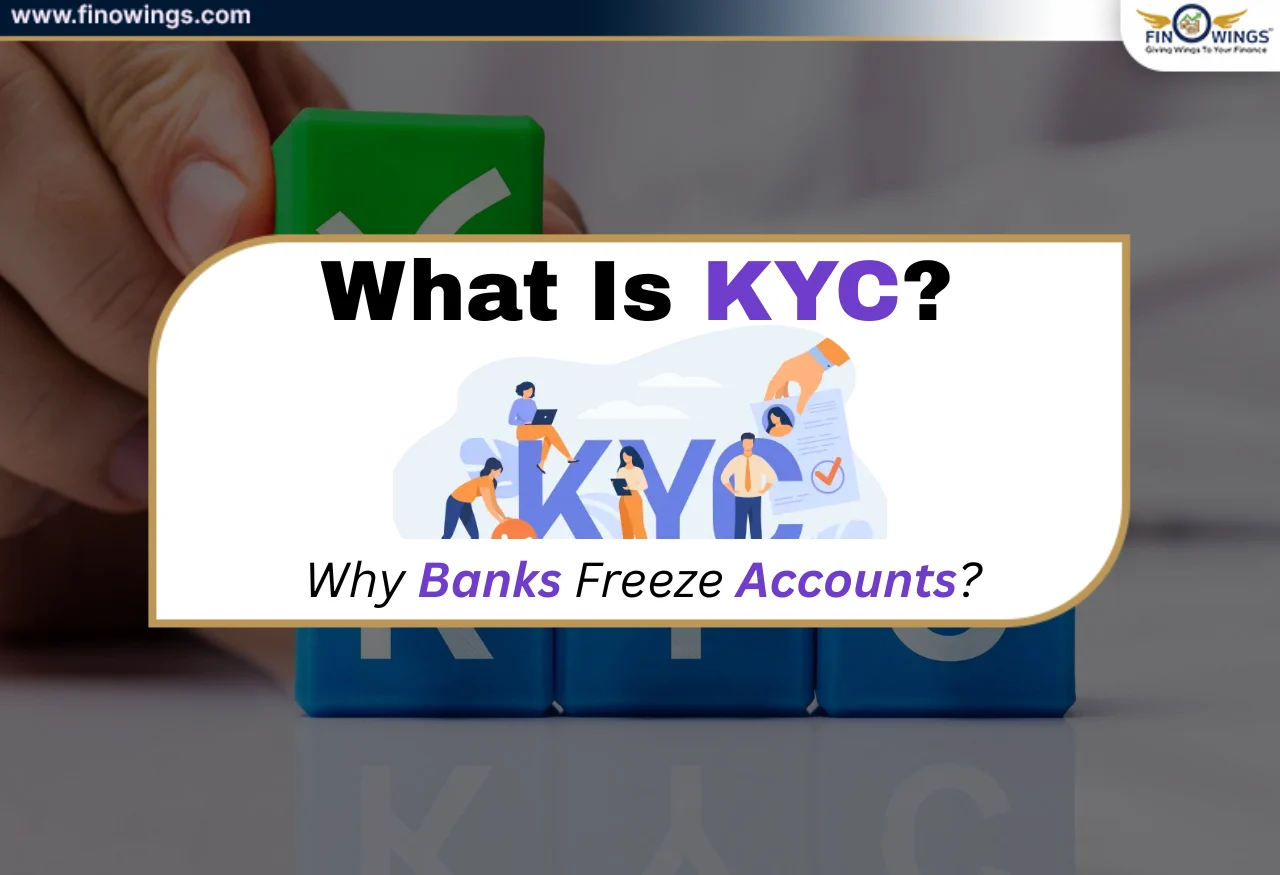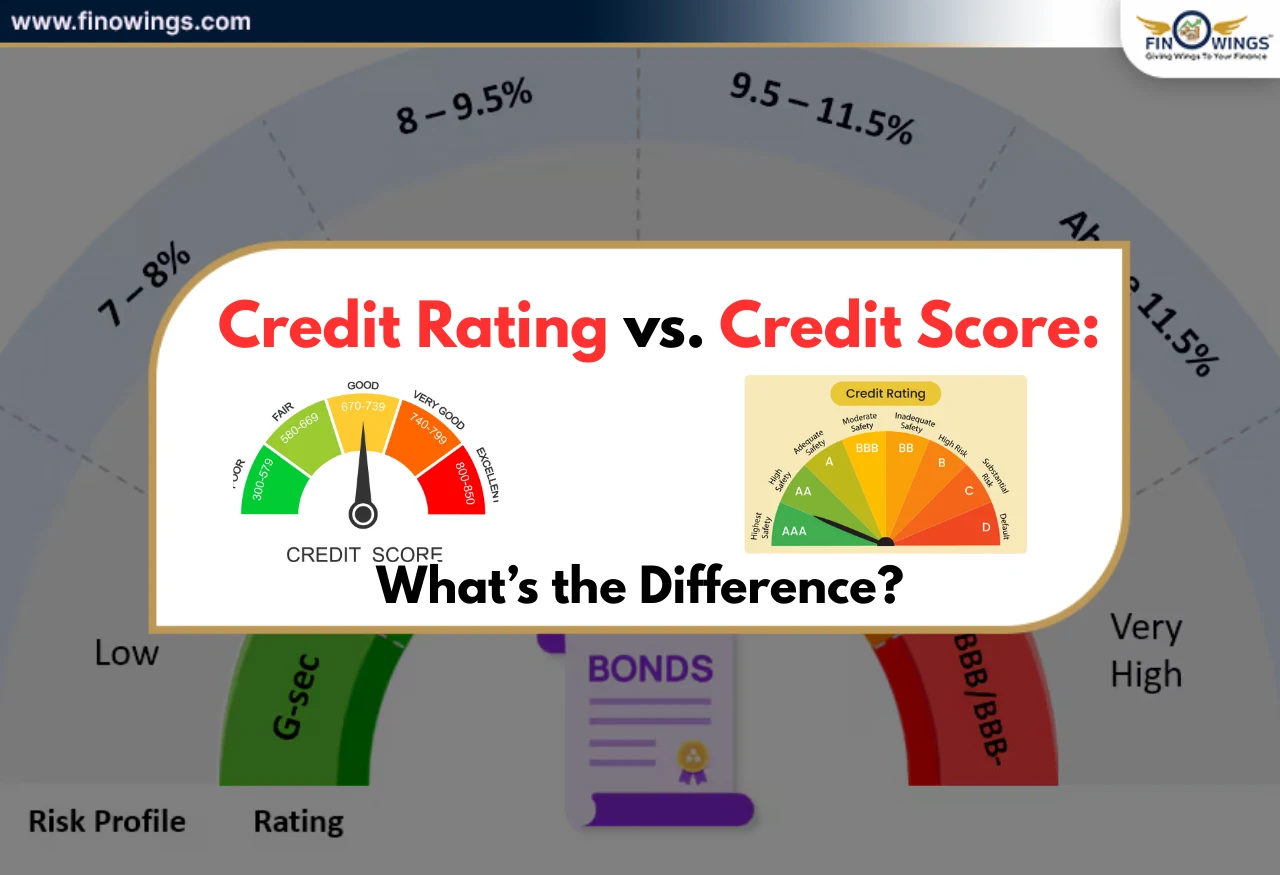Home >> Blog >> What are bonds, what are the different types of bonds, and how do you invest in bonds
What are bonds, what are the different types of bonds, and how do you invest in bonds

Table of Contents
Bonds are a fixed-income debt instrument in which an investor can earn a fixed income with the least amount of risk. In simple terms, bonds are debts that you give to companies and governments to receive interest for a set period.
Bonds are issued by governments, public or private companies, municipalities, and other entities to raise funds for ongoing operations and other projects. In this article, we are going to cover everything you need to know about bonds and how to invest in this financial instrument. So let's get started.
Bonds are an instrument that allows the government or a company to borrow money from investors. Bonds are typically issued for a set period in exchange for fixed or variable interest rates.
To keep their operations running, a public or private company or government issues bonds and borrows money on the bonds. These operations include financing ongoing company activities and infrastructure development, as well as supplementing government revenue from taxes.
Bonds are regarded as the most secure debt instrument with the lowest risk. Bond investors have legal claims to an organization's debt funds, making the borrower obligated to return the investor's money with interest at the end of the fixed tenure.
If the company declares bankruptcy, bondholders are paid first, followed by other investors. This is another reason why bonds are considered more secure than equities.
2.2 Types of Bonds
There are various types of bonds. The eight most common types of bonds for investment are explained below. You can invest in bonds based on your financial goals, credit ratings, and other needs.
2.2.1 Fixed-rate Bonds
Fixed-rate bonds pay a set amount of interest on your investment. You will continue to receive a fixed rate of interest until your bond matures twice a year, regardless of market conditions or the issuer's financial condition.
For example, if you buy $100,000 in bonds for five years, you will receive fixed interest on that amount for the entire five-year period, regardless of whether the market is up or down.
2.2.2 Floating-rate Bonds
Floating-rate bonds have interest rates that are not fixed and fluctuate based on the benchmark set at the time of issuance. Typically, these bonds are issued by the government, and the interest rate benchmark is based on the repo rate or reverses the repo rate in India.
2.2.3 Inflation-linked Bonds
Inflation-linked bonds are those that are issued to mitigate the impact of inflation on the face value of the bonds. The principal amount of such bonds is adjusted by the inflation rate, and the investor receives interest on the adjusted principal rate. However, the interest rates on these bonds are lower than those on fixed-income bonds.
2.2.4 Zero-coupon Bonds
Zero-coupon bonds are those that are sold at a discounted price to face value. These bonds do not pay investors a fixed interest rate. However, the investor will receive the full face value at the end of the tenure.
2.2.5 Callable Bonds
Callable bonds are those that can be called back by the issuer at a predetermined date and time. Investors can earn high interest on these bonds.
2.2.6 Puttable Bonds
Puttable bonds are the inverse of callable bonds. In these bonds, investors can return the bond before the tenure ends on a predetermined date and time and receive the face value of the bond. The interest rates on these bonds are relatively low.
2.2.7 Perpetual Bonds
Perpetual bonds have no fixed tenure, and the issuer can pay consistent interest to the investor in perpetuity. The issuer is not required to repay the bondholder the face value of the bond.
2.2.8 Convertible Bonds
Convertible bonds are those that can be converted into a certain number of equity shares in the company after a set period. This is optional for investors and is not required. Investors who do not want to convert their bonds will receive the full face value and interest.
2.3 Basic Things to Know About Bonds
We have learned about various types of bonds. Now we will understand the fundamental key terms associated with bonds. This will help you improve your understanding of the bonds.
2.3.1 Face Value
The face value is the price at which the bonds were issued by the issuer. Face value is also referred to as principal, nominal value, or par value. It is the price of bonds that determines interest rates. The issuer must return this value to the investor after a certain period.
2.3.2 The Interest Rate or Coupon Rate
Interest rates, also known as coupon rates, refer to the amount of interest an investor receives on the face value of a bond. The interest rate on various types of bonds varies and is determined based on various factors at the time of bond issuance.
2.3.3 Tenure of Bonds
Bond tenure refers to the period the bonds are issued by an organization. It is a legal agreement between the issuer and the investor to return the face value of the bond after a set period. This legal contract requires the issuer to return the face value of the bond upon maturity or tenure of bonds.
Short-term bonds are bonds with a term of fewer than five years. Bonds issued between the tenure of 5 and 12 years are classified as intermediate-term bonds, while bonds issued for more than 12 years are classified as long-term bonds.
2.3.4 Tradable Bonds
Bonds are traded in secondary markets, so ownership of the bonds can shift to different investors throughout the tenure. During market fluctuations, creditors sell their bonds to other entities to secure the bonds' high yield and appropriate credit ratings.
2.3.5 Duration Risk
Duration risk is a measure used to calculate bond prices based on long-term market price fluctuations. The longer the duration, the greater the duration risk on bond interest rates.
2.3.6 Ratings
Ratings are simply a method of determining a company's creditworthiness. Different credit rating agencies usually assign it to bonds and bond issuers after evaluating various factors. Before investing in bonds, investors can use these ratings to assess trust and risk in the organizations.
Bond investments can provide investors with a variety of benefits. Due to their lower volatility, bonds offer several advantages to investors. Let's look at some of the most common benefits of bonds.
-
Stability – Bonds are more stable investments than other types of investments. It's a long-term investment with a fixed interest rate. Bond investments carry a lower risk than stocks and are unaffected by market fluctuations.
-
Indenture - Bonds are a type of financial instrument that provides a legal guarantee to investors that the issuer will pay the principal amount to them after a set period. Organisations that primarily raise investment through bonds have very low default rates because they do not want to harm their market reputation.
-
Portfolio Diversification - Bonds provide good portfolio diversification. It is a fixed-income debt instrument that offers a risk-adjusted return on investment. It also helps to reduce short-term losses due to diversification rather than reliance on equities.
3.2 Disadvantages of bonds
We discussed the benefits of bonds, but there is nothing that is without drawbacks. Bonds, like any other investment, have drawbacks, which we will discuss in this section.
-
Lower Returns - While bonds provide fixed interest and are less risky, their returns are lower when compared to stocks.
-
Limited Liquidity - Bonds have limited liquidity because few investors are interested in investing in bonds. Furthermore, there are penalties and fees that an investor must pay if he or she wishes to withdraw the bonds before the end of their tenure.
-
Inflation Risk – Bonds are not particularly inflation-friendly. The face value and coupon rate on the bonds are predetermined and will remain unchanged regardless of inflation rates. It raises the risk of bond depreciation over the face value.
3.3 How can an investor invest in bonds?
You have learned a lot about bonds and are now considering investing in them. However, the question that may arise in your mind is how you can invest in bonds.
Don't worry, I've got you covered. Below, we will go over how you can invest in bonds and diversify your portfolio with these fixed-income debt instruments.
-
Primary Market - In the primary market, you can buy bonds directly from the issuers in the initial offering. You must complete a form and submit it along with the necessary documents to purchase bonds in the primary market.
-
Secondary Market - You can buy bonds from investors in the secondary market. Investors who purchased bonds in the primary market typically traded them in the secondary market.
-
Mutual Funds - There are mutual funds that invest in different types of bonds under an umbrella strategy and allow investors to invest in such mutual funds. By investing in such mutual funds, you can purchase a specific share of bonds. To manage bonds, they will charge you a fee.
-
Bond ETFs – Bond ETFs are similar to mutual funds where investors can invest in the shares of multiple bonds. ETFs, like stocks, allow you to buy and sell bond shares. Bond ETFs charge lower fees than mutual funds.
You can invest in bonds based on your personal preferences. Always remember to conduct your research before investing in bonds. Bonds can be difficult to understand, especially if you are a novice investor.
As a result, it is always advisable to thoroughly research the market and other relevant factors before investing your hard-earned money. The extensive research will assist you in navigating the risks associated with your investment.
3.4 Things Investors Should Consider Before Investing in Bonds
-
Before investing in bonds, consider your investment goals. Determine the return you will get from the bonds after the tenure and the stability of the bonds.
-
Bonds are long-term fixed investments. As a result, you should invest your money after checking the maturity date because you will not be able to get your money back before the fixed tenure.
-
Before committing to any bonds, check their credit rating. Bonds with high-interest rates may be associated with high risk as well.
-
Even though bondholders will receive their money back in the event of bankruptcy, it is best to review the organization's annual reports and market trends to forecast risk in the long term.
4.Conclusion
Any market investment entails some level of risk. The only difference is that the risk is lower in some investments and higher in others. As an investor, you should invest in bonds only after you have a thorough understanding of the bond market. So that you can avoid the possible amount of risk while making a good profit on your investment.
Author
Frequently Asked Questions
The yield, current interest rates, and bond ratings are the key variables that can affect a bond's value. These are the main factors that have an impact on bond value.
Interest on bonds is paid twice a year.
Even though bonds are thought to be less risky, you still risk losing your money in bonds. If the interest rates rise, bond prices decline and cause you to lose your investment.
Bonds are a wise choice for investment, indeed. You can include it in your portfolio to increase diversification and reduce risk.

















